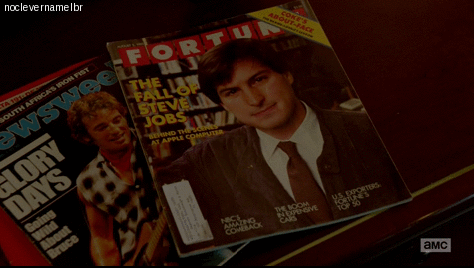Starting next week, we’ll unveil our big list of the Best Songs of the 1990s. In the run-up to the reveal, we’re featuring some of our favorite songs that didn’t make the list through our regular Track Marks feature.
The 1990s was a good decade for taking punk music out of Berkeley, California and selling it to the mainstream kids across the country, all the way to the suburbs of New York (ahem). At the helm were two Armstrongs: Billie Joe of Green Day, and Tim of Rancid. For a while, it seemed like both bands were on the same trajectory: They were from the same neighborhood, signed to the same label (we’ll forget it’s the one that also discovered The Offspring), and both put out breakthrough albums in 1994. But, for whatever reason, Green Day hit first and rocketed to a level of fame that gets its songs onto best-of lists, while Rancid’s songs pick up a few bottom-of-the-list votes that don’t get it onto the final roster.
That’s not to take anything away from Green Day—I definitely had them high up on my final ballot—but, when you listen to “Ruby Soho,” you realize it’s not fair. It has all the makings of a tune that’s not just good for a punk track if you’re into that kind of thing, but a classic, love-it-forever type of song, including:
- Telling a sad story in an upbeat tempo. There’s yearning, there’s leaving, and Ruby is sad, but you can still pump your fist to it.
- It’s a song about music, and making music. He’s leaving because he’s a musician; he loves her, but he sees his name on a marquee and knows he can’t resist.
- The word “Ruby” in the title. As in Tuesday. Musicians from 1996 onward had to really think about naming an in-song character Ruby, since “Ruby Tuesday” and “Ruby Soho” set an almost impossible bar to meet.
- Random evocation of a New York City neighborhood. Even when it comes from Californians, it gives the song mystique. I don’t know much about Ruby Soho, but the name alone makes me think it’s something downtown, underground, cooler than I am, and a little worse for wear.
- Parts that you can split up when you sing in the car. Makes the song equally at home on road-trip mix tapes as it is on romantic mix tapes.
I won’t say that “Ruby Soho” never got its due; it’s on Rancid’s most popular album, …And Out Come the Wolves, and they played it on Saturday Night Live. It’s been covered by Vampire Weekend and Jimmy Cliff. But, as a suburban pre-teen looking to pretend like I was a California punk for two minutes at a time, I would’ve preferred meeting Ruby Soho and hanging out with musicians in the city than chilling with Green Day on their couch, doing whatever it is they were doing in “Longview.”











